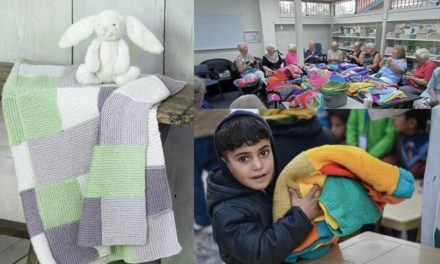Dr Sue Ferguson
Usually when we think of coping, we think of efforts to deal with stressful situations we are in the midst of (reactive coping). Proactive coping, on the other hand, involves identifying and dealing with stressful situations that are likely to happen in the future. This includes building our resilience and resources, making plans, and changing our thoughts and behaviour in order to deal with the situation in advance and thus reduce its impact.
As we get older, we get better at using proactive coping. Among Australian older adults, higher proactive coping is associated with higher personal growth, greater purpose in life and lower anxiety. A 2020 study found that proactive coping also helps reduce the stress of the pandemic. Older adults also had higher COVID-19 knowledge, suggesting that one way they prepared themselves was by getting knowledge from reliable sources.
The tricky bit for some, when they’ve identified upcoming likely stressors (such as impending retirement, or an upcoming contentious discussion), is getting caught up worrying about how difficult or stressful it might become. For some others, the tendency is to avoid thinking about the situation at all, which also leads to poor outcomes.
To cope better with upcoming stressful situations, consider the following:
- Take time to think about your future.
- Try to view upcoming events as challenges.
- Seek information about the situation, and about what support services are available.
- Identify what strategies have worked for you before and for others in this type of situation.
- Plan things you can do now that will help if this situation arises.
- Practice dealing with the emotional aspects too, such as learning relaxation techniques.
- Carry out the plans and don’t be shy about asking your friends for help.
“For tomorrow belongs to people who prepare for it today.” (a well-known African proverb).












